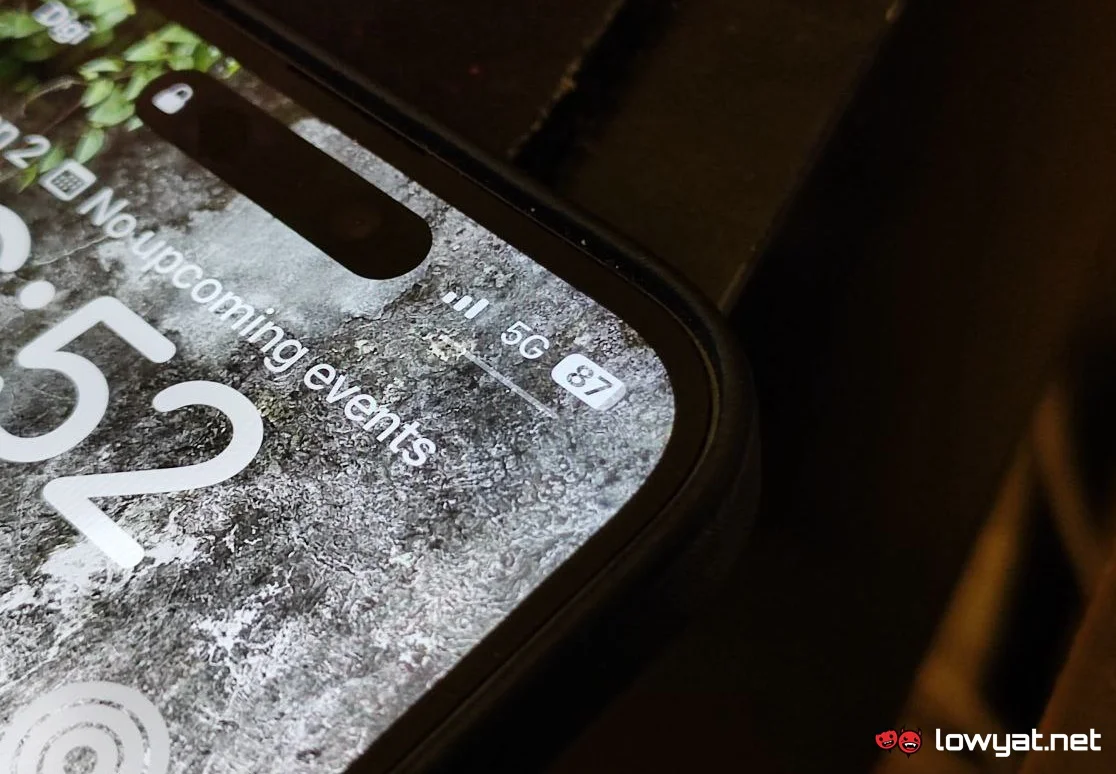The US and EU’s animosity towards Huawei comes as no surprise and despite the political relationship the three entities share, the Chinese brand is nevertheless still considered a frontrunner in Malaysia’s bidding war to obtain the lucrative tender to our country’s 5G infrastructure. The US ambassador to Malaysia, Brian McFeeters, wrote in his letter that he, along with several of his peers, were of the mind that granting companies like Huawei the ability to lay the foundation for our country’s 5G infrastructure subjects us to national security risks.
“Senior officials in Washington agree with my view that upending the existing model would undermine the competitiveness of new industries, stall 5G growth in Malaysia, and harm Malaysia’s business-friendly image internationally.” Security risks and Huawei notwithstanding, it’s no secret that the current state of our country’s 5G rollout has been less than smooth sailing. Aside from our government’s review, the Digital Nasional Berhad (DNB), previous reports indicated that the government body already had a second 5G network in the pipeline and that it is expected to begin rollout in January 2024. Further, and in spite of its current and ongoing review of its contract with Ericsson, the current government has asked the major telcos in the country to accelerate its 5G rollout, bringing forward its original plan to have the next-generation mobile network cover at least 80% of the country, from the end 2024 to the end of this year, as part of its Belanjawan 2023 plan that was read in February this year.
In the case of Huawei, the Chinese company has characteristically dismissed all issues of security concerns from the US and EU over its 5G equipment. (Source: Reuters)

